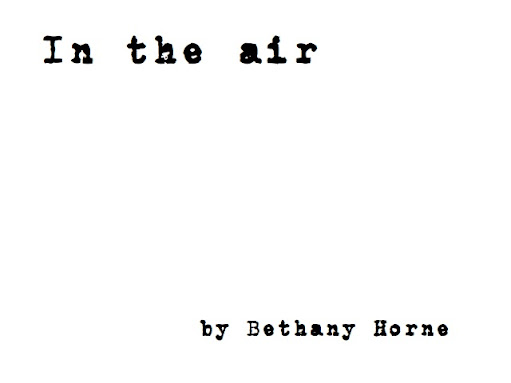Or perhaps not, perhaps they won’t be innocent, because they will have committed the enormous sin contra natura signified by lacking the capacity to adapt. All of them, all the unadaptable ones, you and I, for example, will die cursing the power we, with enormous sacrifice, helped create. In its impersonal form, the revolution will take our lives, and even utilize the memory of that which for them remains exemplary, as a domesticating instrument for the youth who will come after.
My sin is greater, because I, more subtle and with more experience, call it what you wish, will die knowing that my sacrifice is due only to an obstinacy which symbolizes the rotten civilization that is crumbling. You will die with the fist clenched and jaw tense, in perfect demonstration of hate and of combat, because you are not a symbol, you are an authentic member of a society which is crumbling: the spirit of the beehive speaks through your mouth and moves in your actions; you are as useful as I, but you don’t know the usefulness of the help you give to the society which sacrifices you."
-the old man's words to Che Guevara, quoted in one of Che's travel diaries and translated in Jon Lee Andersen's biography.
I'm finally reading this biography now. Maybe because school is done, I'm thinking about Latin America more. Latin America, among others.
As revolutions rock the Arab world and the people become civilized "at the cost of their own errors," Obama has now said Palestine deserves its 1967 borders. Not a revolution, per say, but a milestone.
Che thought a lot about revolutions. The breadth of his personal studies in his youth and early twenties, before getting involved in any political activities, is intimidating. He read volumes and volumes of everything from Freud to Faulkner, South American poetry and novels, Bertrand Russell and Jules Verne. He kept encyclopaedic notes about the wide range of topics and philosophies that he found interesting, all the while travelling most of the countries in Latin America. I feel like I should at least be keeping better notes about what I learn about him, in this book, as a half-hearted attempt to keep up.
So this is a note-to-self: Read more. Travel more. Write more and more often.







